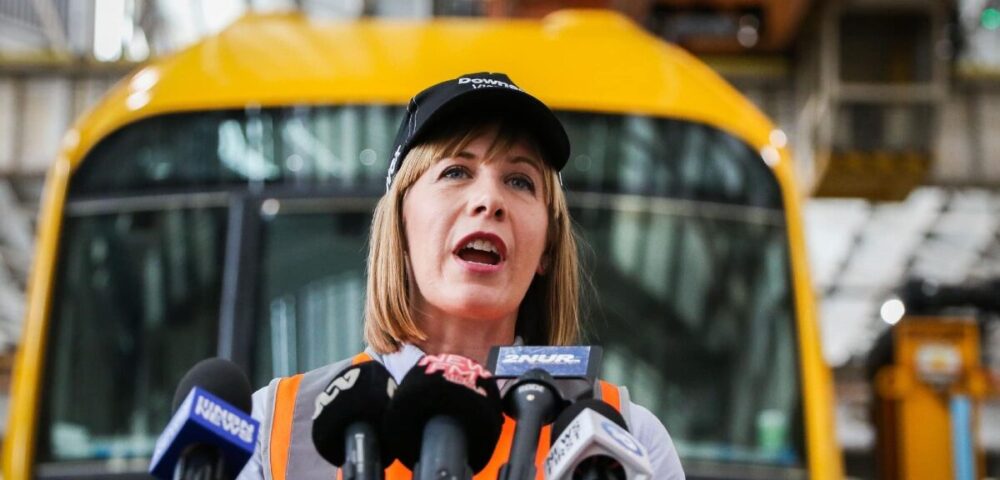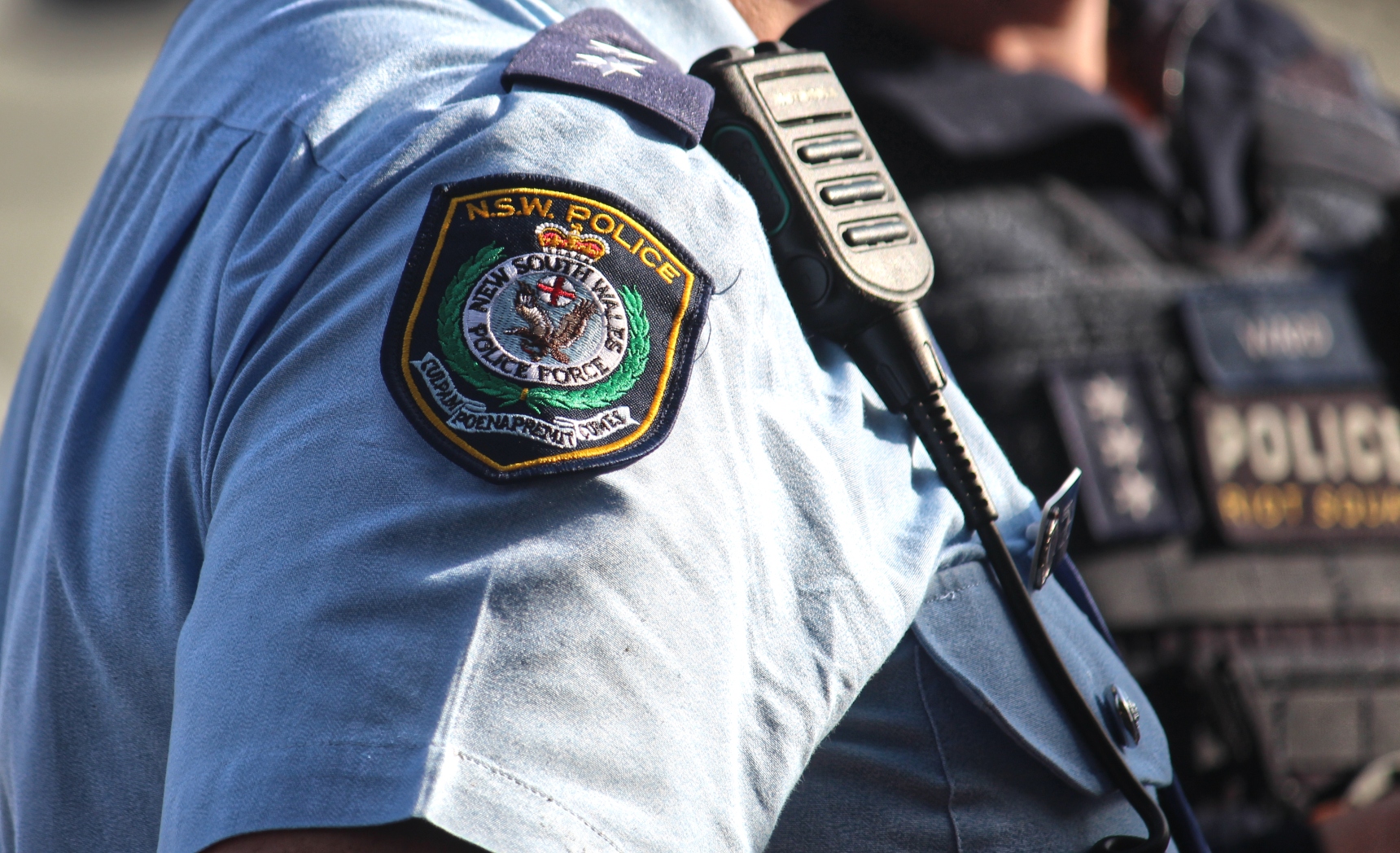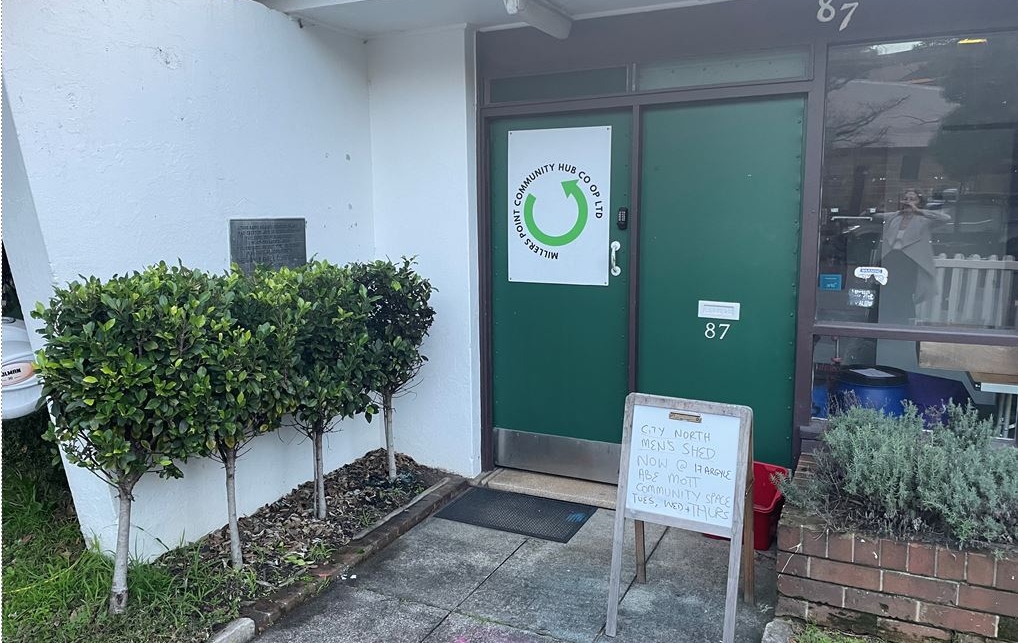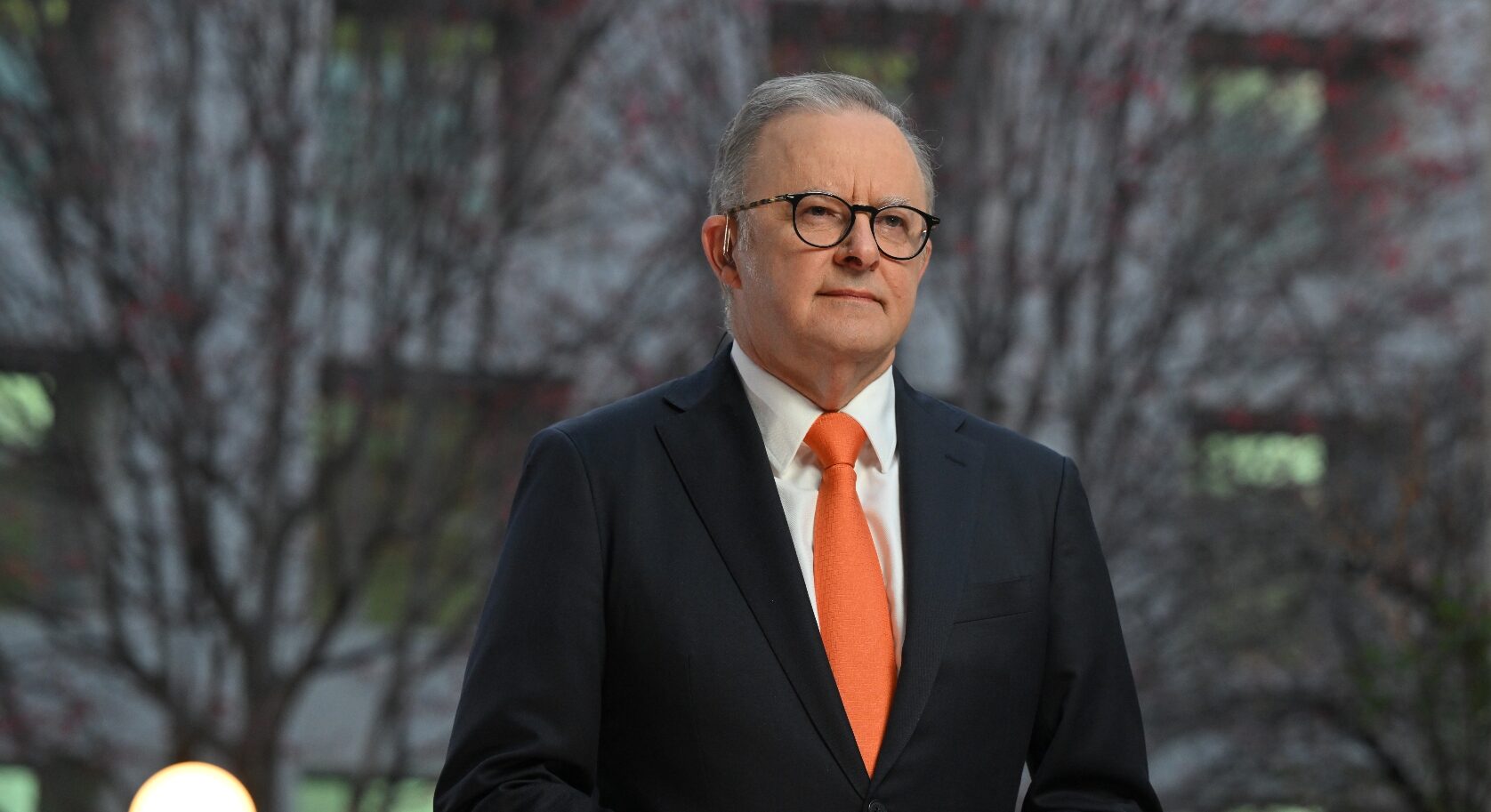

Image: NSW Minister for Transport Jo Haylen. Photo: Jo Haylen/Facebook.
By CHRISTINE LAI
The NSW government has reported that the thousands of bus cancellations leaving Sydney passengers stranded have been as a result of increased privatisation in the transport industry.
Since taking over the portfolio, NSW Minister for Transport Jo Haylen found that a deal made by the previous government involved selling public bus services off to private operators and creating contracts that included financial incentive for cancelling services.
“In their rush to sell off our publicly owned assets, the former Liberal government created contracts with these private companies that actually give them financial incentives to cancel bus services,” Haylen said.
The contracts imposed financial penalties on the companies for failing to meet ‘on time running’ targets. However, bus services that are cancelled do not count as late, unless a certain number is surpassed.
“They created penalties for not hitting ‘On Time Running’ targets then let them off if they just cancelled the bus rather than let it be late,” Haylen said.
Passengers left stranded at bus stops

According to the NSW government, since privatisation, provisions have left millions of passengers stranded at bus stops waiting for buses that never come. Last year, in August alone, 28,000 buses were cancelled across Sydney.
In September last year, The NSW Legislative Council released a report that detailed cost-cutting which had been exacerbated under the privatisation of Sydney’s bus network.
The report found that the move to further privatise the bus network had led to the incentivised implementation of cost-cutting strategies that impacted vulnerable people and would see a decline in service quality while charging higher prices for commuters.
“In the instance of bus services in New South Wales, the realisation of the NSW Government’s objective to cut operational costs, and the private operators’ objective to make a profit, has come at the expense of effective and reliable bus services for the public, and fair and equitable working conditions for bus drivers.
These impacts have been acutely felt in areas that in recent years have transitioned from public to private hands: Sydney’s Eastern Suburbs, North Shore, Northwest, Northern Beaches, and Inner West, and in Newcastle. In these areas, bus services have been cut dramatically,” the report reads.
Additionally, fewer bus stops and buses operating less frequently with reduced coverage has created difficulties for the public to access essential public infrastructure and services.
Decrease in public bus services affecting vulnerable passengers










